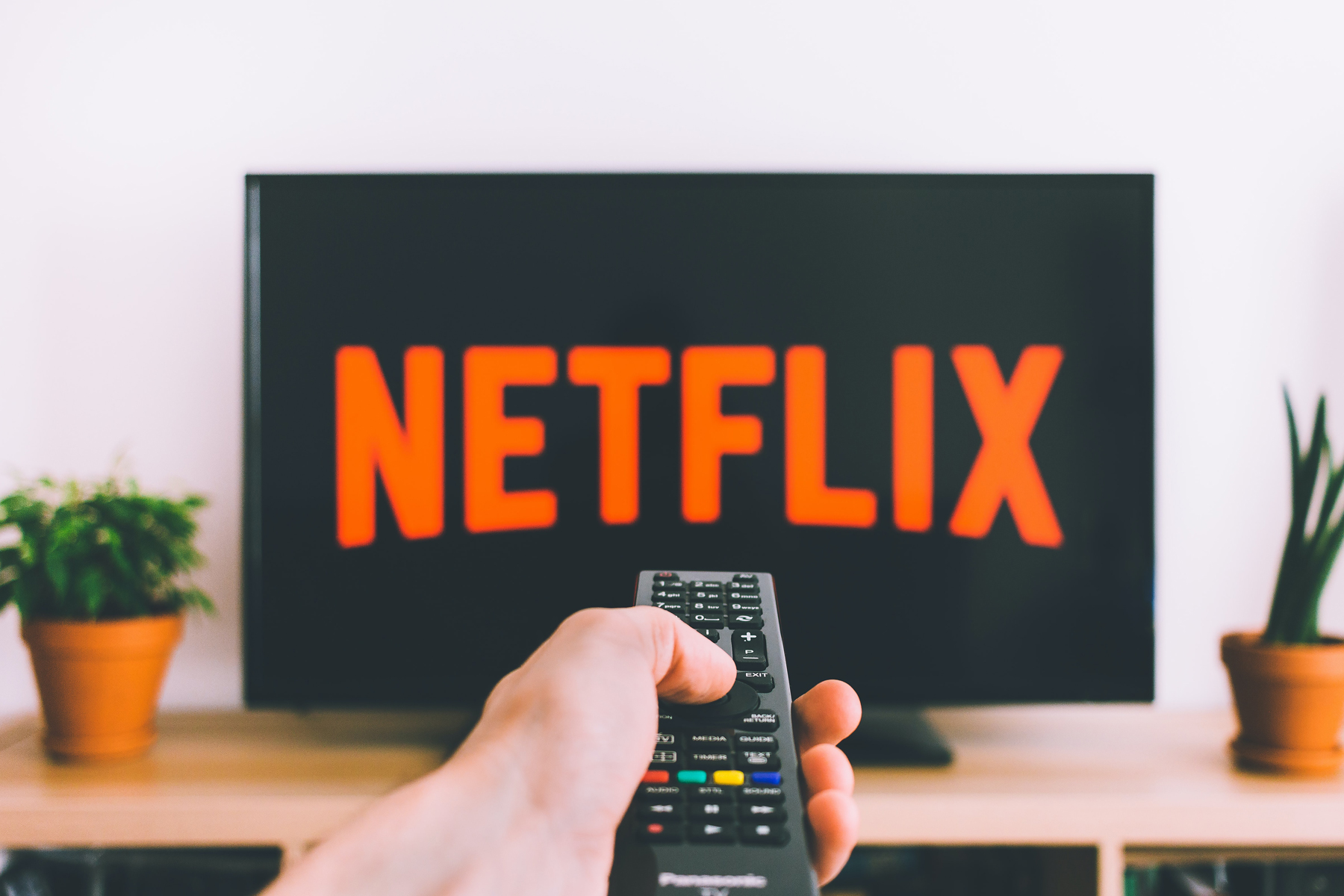In an era of streaming wars, one streaming service has always seemed to dominate the scene by staying two steps ahead of all the rest. Well, until now, that is. Netflix has often been regarded as the frontrunner of streaming services and has seen massive success with its various original programmes starting with House Of Cards in 2013. However, the streaming giant has seen a number of complaints directed towards it for the past couple of weeks with reports of an ad-supported plan to crack down on password sharing.
Consumers have made it clear that Netflix is doing something wrong and have exited the service in droves. Now the king of streaming services seems to be on the verge of losing its crown. The question is, has this been a long time coming for the streaming giant?
A product of saturation?
After years of staying in the game amidst the rise of many other streaming platforms, Netflix recently reported a 200,000 subscriber drop in the first quarter, its first drop in paid customers in over a decade, and is expected to lose another 2 million in the current second quarter. This comes as quite a shock, as Netflix has reportedly not lost subscribers since 2011. It does beg the question of whether the issue is the oversaturation of Netflix content or whether other streaming services offer better content these days.
Having produced thousands of originals, with many more on the way, Netflix has woven itself into daily conversations of pop culture among people worldwide. Shows like Stranger Things, Bridgerton, and Squid Game, just to name a few, are constantly talked about and, in many cases, seem to fuel the growth of Netflix. Some of these shows even win awards and have been lauded for the quality of their production. However, some question the sustainability of the number of originals produced by Netflix. According to The Wall Street Journal, an episode of Stranger Things season 4 cost a whopping USD 30 million, making it one of the most expensive shows ever produced. For comparison, the Disney+ Marvel shows cost about $25 million per episode as per The Hollywood Reporter. So now the question is whether Netflix can afford to continue producing all these shows, especially with the drop in its subscriber base.
A common criticism that has loomed over Netflix for the past few years is that many of its new shows tend to get cancelled prematurely. Shows like The OA, Santa Clarita Diet, and most recently Archive 81 have gotten the axe a bit earlier than fans would prefer. As Netflix prefers quantity over quality, a lot of shows get greenlit only to see a similar fate. Instead of greenlighting too many shows than it knows what to do with, perhaps Netflix could focus on a smaller number of higher quality shows.
Recent controversies
After the announcement of raising its prices earlier this year, Netflix has gotten itself into yet another controversy by revealing plans to crack down on password sharing. In a statement, Netflix claimed that while it has previously encouraged account sharing among its 222 million subscribers with features such as profiles and multiple streams in their Standard and Premium plans the practices are “impacting our capacity to invest in exciting new television and films for our customers.” Netflix has stated that it will not prohibit password sharing, but customers who do so will be charged. This about-turn has naturally incensed many of its subscribers who are now crying “Foul!”
Netflix is blaming their loss of 200,000 subscribers over password sharing. pic.twitter.com/ywaYWzSibO
— ComicTropes (@CTropes) April 21, 2022
Netflix has also angered its many animation fans. It has always seemed to be pushing the boundaries of animation, producing hundreds of animated content for all ages. Critically acclaimed shows like Love, Death, and Robots and Arcane prove that there is an audience for animated shows with in-depth stories and diverse animation. But recently news has emerged that Netflix has cancelled many animated shows and is now tightening its grip on its animated content recently. According to The Wrap, Phil Rynda, who was the Netflix Director of Creative Leadership and Development for Original Animation, was let go, and several animated high profile shows aren’t getting renewed. The long-delayed adaptation of the beloved comic series Bone was among the shows that were cancelled before development. And the worst part is that this is probably only the tip of the iceberg.
What can they do to improve?
The truth is, Netflix might be able to bounce back, but it also might lose consumer trust when it comes to its original content and the overall quality of the streaming service. With recent criticism towards any low budget melodramatic shows being, “this looks like a Netflix show”, a common complaint, perhaps Netflix should reconsider its ‘style over substance’ formula and invest in more interesting and complex shows that do well with audiences.
Netflix could also bring in free trials to promote its streaming platform. With this people could actually get to use the platform to see what Netflix has to offer, and with its wide variety of content, they might just find a reason to stick around. While reports of Netflix adding a cheaper ad-supported tier might not seem the most convenient for most users, it is still a good way to keep consumers interested in the ad-free premium subscription and keep advertisements off of the premium subscription as well.
With the many complaints coming its way, Netflix should really consider listening and taking steps to respond positively, before it loses its place in the streaming wars. With so many users arguing and even threatening to cancel their subscriptions over the crackdown of password sharing, it might be best to adhere to the ‘customer is always right’ principle and strategize a way to earn back their trust.










